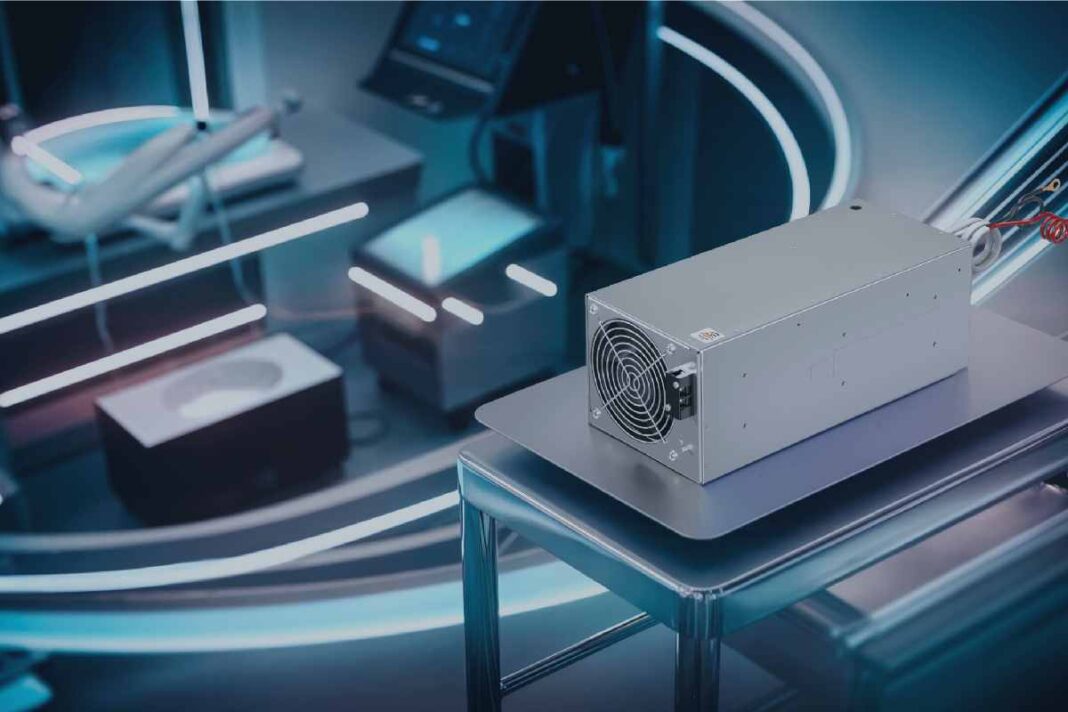Ensuring Consistent Power for Sensitive Equipment
Technology drives most business processes today, making uninterrupted power systems essential, especially for sensitive equipment. Advanced devices in healthcare, telecom, data centers, and more need steady power to work efficiently. Even small disruptions can cause serious problems such as production loss, mechanical damage, and financial loss. It’s vital to have strategies and technology that ensure critical systems get reliable power to keep running smoothly and safely.
The Growing Dependence on Sensitive Equipment
Sensitive devices are key in many industries for precision, efficiency, and innovation. From medical imaging machines to high-performance computers, these devices require accuracy and consistency. However, their advanced features make them vulnerable to power fluctuations.
For example, life-support and diagnostic machines in healthcare need constant power. Servers handling trading or customer data in finance need reliability to avoid crashes, data loss, or breaches. This dependence highlights how important stable power and operational consistency are.
The Risks of Power Instability
Unstable power supplies expose sensitive equipment to risks like voltage swings, surges, and blackouts. These can disrupt operations or damage hardware, shortening equipment life. Power grid failures can happen even in developed regions due to disasters, equipment faults, or demand spikes.
The biggest risk from power loss is data corruption. Devices processing or storing data can lose or corrupt information, which is costly for businesses relying on real-time processing. Replacing or repairing damaged equipment is also expensive. Prevention is more practical and cost-effective.
Strategies for Maintaining Power Consistency
Implementing Power Conditioning Solutions
Businesses use power conditioning devices—voltage regulators, surge protectors, online UPS systems—to protect equipment. These stabilize power by filtering out irregularities and keeping electricity flow steady.
UPS systems provide time to safely shut down critical equipment or switch to backup generators. Online UPS minimizes downtime and protects sensitive devices from sudden power loss.
Investing in Backup Power Systems
Backup generators and battery storage supply power when the main grid fails. Modern backup systems switch automatically with little delay.
Battery storage is energy-efficient and eco-friendly. Combining batteries with renewable energy, like solar panels, offers stable power while reducing reliance on traditional grids.
Innovations in Power Management
Smart Grids for Enhanced Reliability
Smart grids use real-time monitoring and data analysis to optimize power delivery with minimal disturbance. They prioritize critical equipment and respond quickly to supply changes, ideal for sectors requiring constant power.
Microgrids for Decentralized Power
Microgrids operate independently or with the main grid to provide local, reliable power. They suit remote or high-reliability environments, using renewables and storage tech to ensure stable power despite seasonal changes.
The Role of IoT in Power Management
IoT devices and sensors collect data on power use, system health, and faults. This enables predictive maintenance, lowering unexpected failures. IoT also automates responses to outages, minimizing downtime.
Future-Proofing Power Systems
As technology advances, the need for uninterrupted power grows. Power systems must be built with advanced tech, strong foundations, and proactive management. For industries using sensitive devices, dependable power isn’t just operational—it’s strategic.
Smart power management improves resistance to outages, boosts efficiency, and protects investments in critical equipment. Consistent power is essential for growth in a connected world.
Conclusion
Maintaining reliable power for sensitive equipment is paramount. Power stability is crucial in sectors worldwide that depend on precision systems to realise best-in-class performance. Although fluctuations in power supply can have serious consequences, new technologies, including systems for power conditioning and restoration, backup systems, and aspects of the smart grid, can help alleviate these challenges.
These advanced power management methods help businesses safeguard their sensitive devices. Reliable power solutions will become increasingly important, especially in healthcare, finance, and nuclear energy, as systems grow more complex and interconnected.


